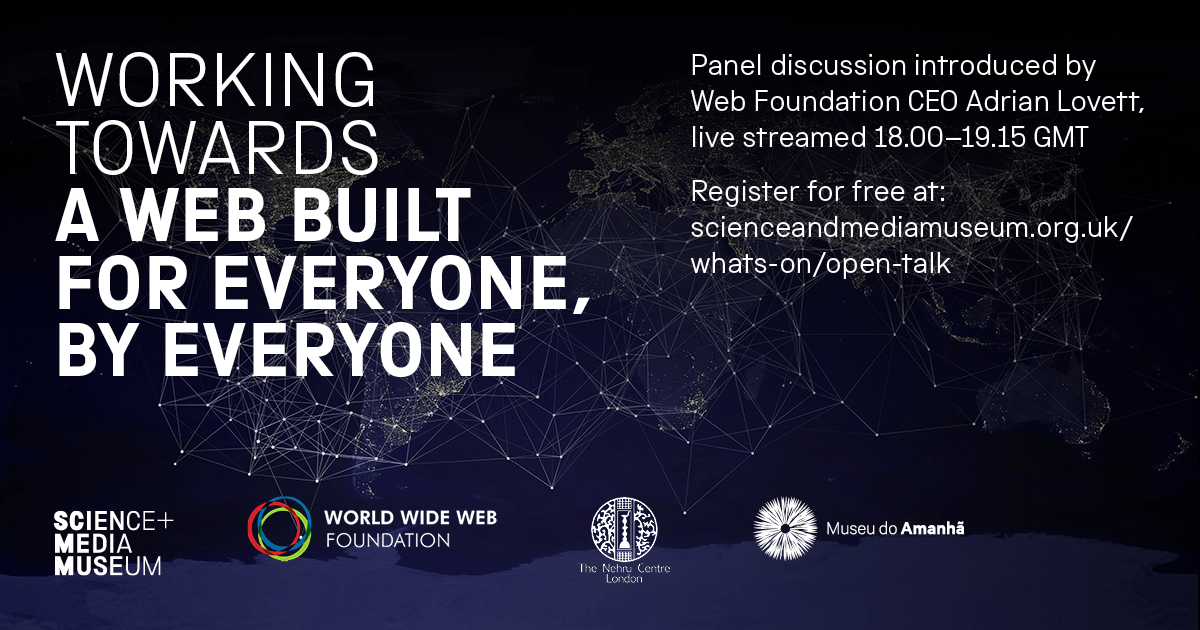Overcoming AI’s limitations
Whether we realize it or not, most of us deal with artificial intelligence (AI) every day. Each time you do a Google Search or ask Siri a question, you are using AI. The catch, however, is that the intelligence these tools provide is not really intelligent. They don’t truly think or understand in the way humans do. Rather, they analyze massive data sets, looking for patterns and correlations. That’s not to take anything away from AI. As Google, Siri, and hundreds of other tools demonstrate on a daily basis, current AI is incredibly useful. But bottom line, there isn’t much intelligence going on. Today’s AI only gives the appearance of intelligence. It lacks any real understanding or consciousness.To read this article in full, please click here

Whether we realize it or not, most of us deal with artificial intelligence (AI) every day. Each time you do a Google Search or ask Siri a question, you are using AI. The catch, however, is that the intelligence these tools provide is not really intelligent. They don’t truly think or understand in the way humans do. Rather, they analyze massive data sets, looking for patterns and correlations.
That’s not to take anything away from AI. As Google, Siri, and hundreds of other tools demonstrate on a daily basis, current AI is incredibly useful. But bottom line, there isn’t much intelligence going on. Today’s AI only gives the appearance of intelligence. It lacks any real understanding or consciousness.





































